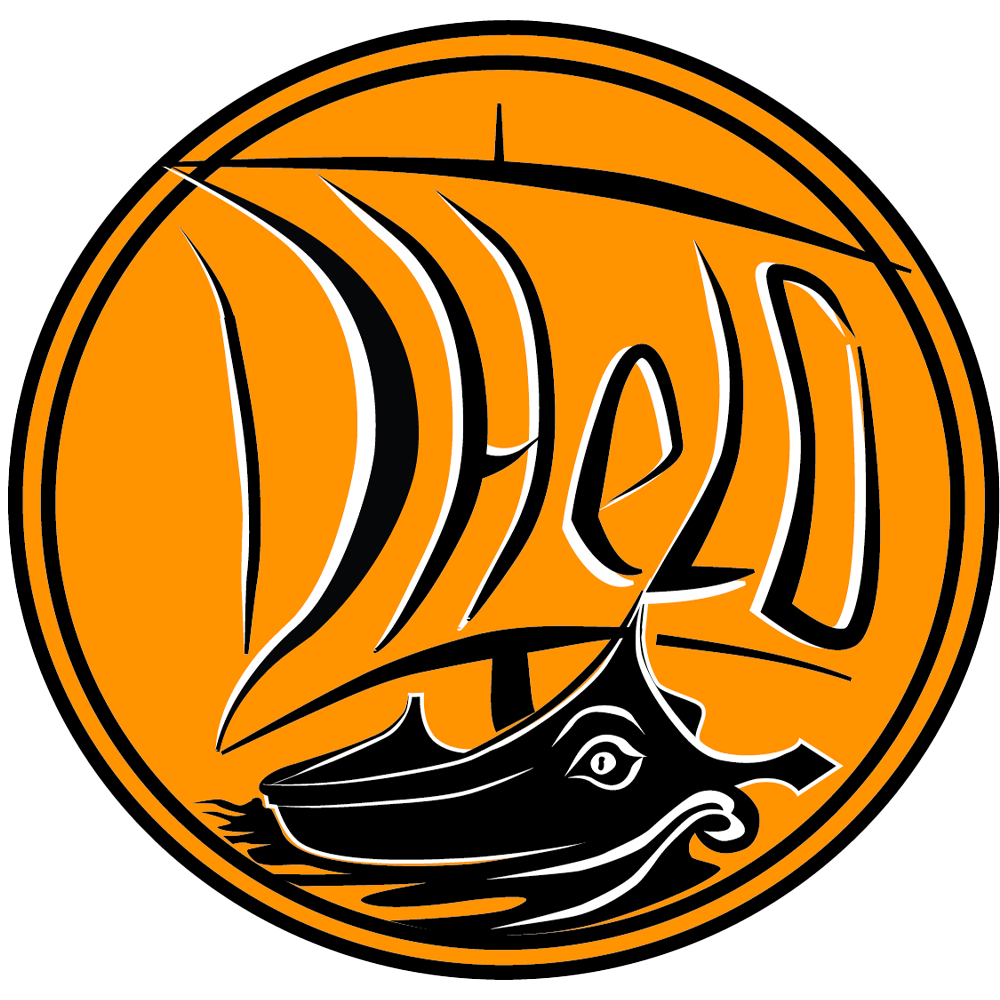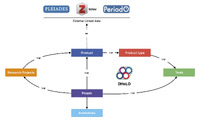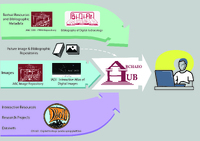Welcome to DHeLO: a Digital Platform for Cultural Heritage Research
DHeLO is a web platform designed to map and connect the diverse digital resources that contribute to Cultural Heritage and Heritage Science research. Developed as part of the H2IOSC Project, it serves as a structured repository for metadata on research projects, datasets, digital tools, and interactive resources.
In a rapidly evolving digital landscape, valuable resources are often scattered across different platforms, making them difficult to track, access, and reuse. DHeLO addresses this challenge by acting as an observatory, aggregating and organizing metadata from multiple sources. By structuring this information in a way that supports advanced querying, indexing, visualization, and retrieval, the platform enhances findability, a key principle of the FAIR data framework.
By improving the discoverability and accessibility of research outputs, DHeLO fosters new connections between research efforts and promotes interoperability and reuse through a linked open data approach. This commitment to FAIR principles ensures that digital heritage knowledge is not only preserved but also effectively leveraged for future studies and innovations.
What can you find on DHeLO?
DHeLO serves as a centralized platform for discovering and exploring digital outputs from research projects and activities in the fields of cultural heritage and heritage science. The platform collects and organizes metadata on a variety of resources, making them easier to find, access, and connect.
Visitors can explore:
- Research Projects: Metadata and descriptions of research initiatives focused on cultural heritage, highlighting their objectives, methodologies, and digital outcomes.
- Datasets: Structured data collections that provide valuable insights into different aspects of heritage science and cultural heritage studies.
- Interactive Resources: Digital tools, applications, and web-based platforms that offer interactive ways to engage with cultural heritage data.
- Software & Tools: A selection of digital tools, including analysis software and preservation solutions, supporting research and heritage management.
- Places: Resources enriched with geographical metadata, linking research data to specific cultural and historical sites.
- Periods of Time: Temporal metadata describing the historical or chronological context of cultural heritage resources, helping to frame research within specific time periods.
- Bibliography: Curated references to scholarly works, providing essential background and context for research in the field.
- People and Institutions: Information about researchers, institutions, and organizations contributing to cultural heritage research, fostering collaboration and networking.
By integrating geographical, chronological, and relational metadata, DHeLO enhances the findability and accessibility of digital cultural heritage resources, aligning with FAIR principles.
For more details on the data collection process or to contribute metadata, please visit the About section of the platform.
DHeLO's Logo

The DHeLO logo, designed by Antonio D’Eredità, features the prow of an ancient Greek ship, symbolizing the platform’s mission of navigating and connecting the vast seas of cultural heritage knowledge. The name also evokes Delos, the Greek island that was the headquarters of the Delian League, conveying the ideas of confederation and shared work.
This connection reinforces the platform’s focus on collaboration and interconnectedness across digital heritage domains. Built on the principles of Linked Open Data, the platform promotes seamless connections between diverse resources, much like a ship navigating the interconnected waves of history and digital landscapes.
On DHeLO
The H2IOSC Project

H2IOSC (Humanities and Cultural Heritage Italian Open Science Cloud) is a pioneering project to create a collaborative cluster of European distributed research infrastructures involved in the humanities and cultural heritage sectors with operating nodes across Italy.
Through the enhancement and federation of CLARIN-IT, DARIAH-IT, E-RIHS.it and OPERAS-IT, the four Italian nodes of the European Research Infrastructures committed in the Social Science and Humanities domain, H2IOSC will provide researchers, businesses, and citizens with an open and multidisciplinary environment that enables access to advanced tools for conducting innovative and computationally intensive research on complex digital data and objects.
E-RIHS.it, coordinated by the CNR ISPC – Institute of Heritage Science, leads the collaboration between the research infrastructures of the H2IOSC Cluster.





